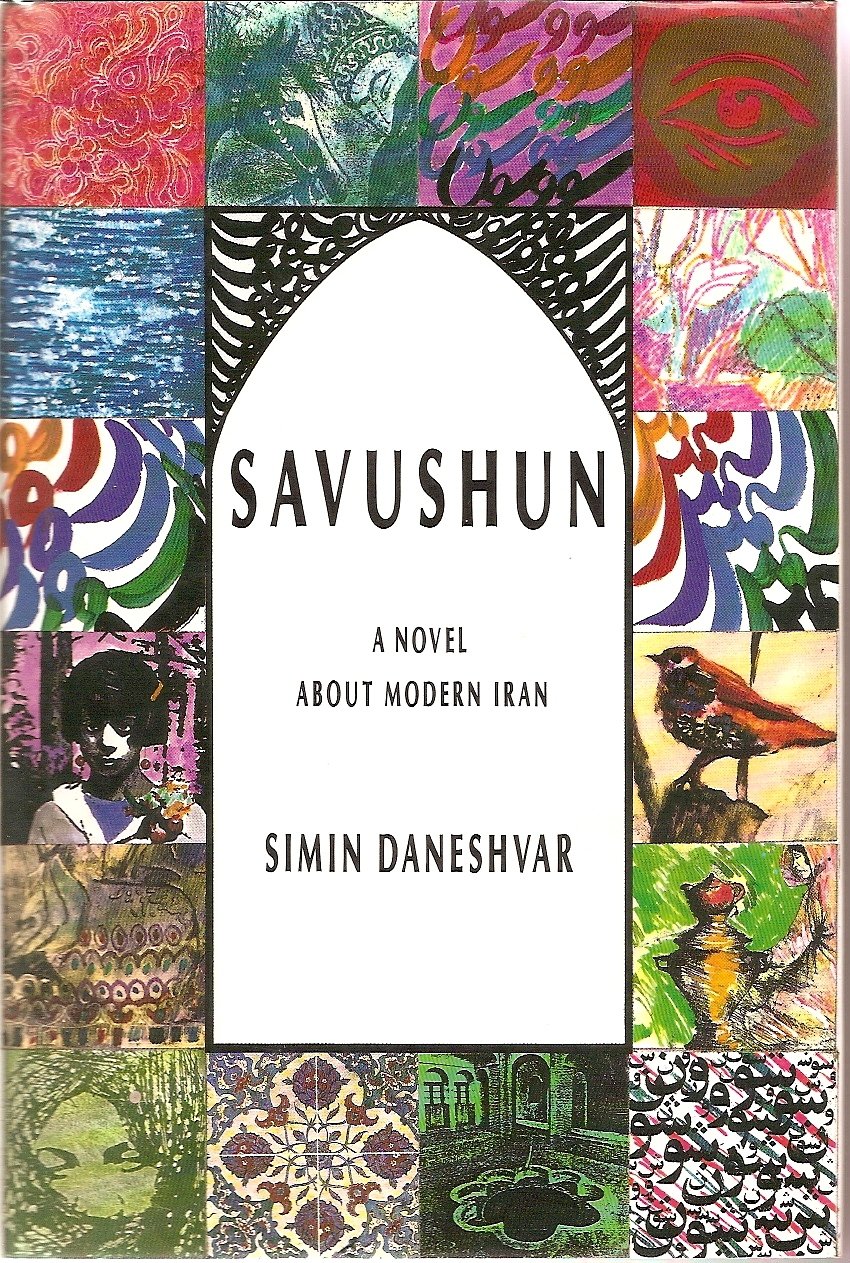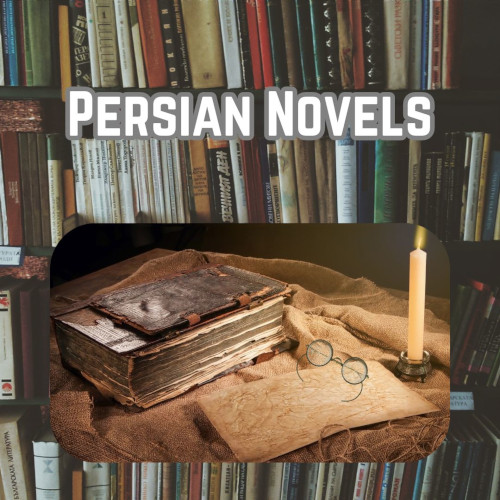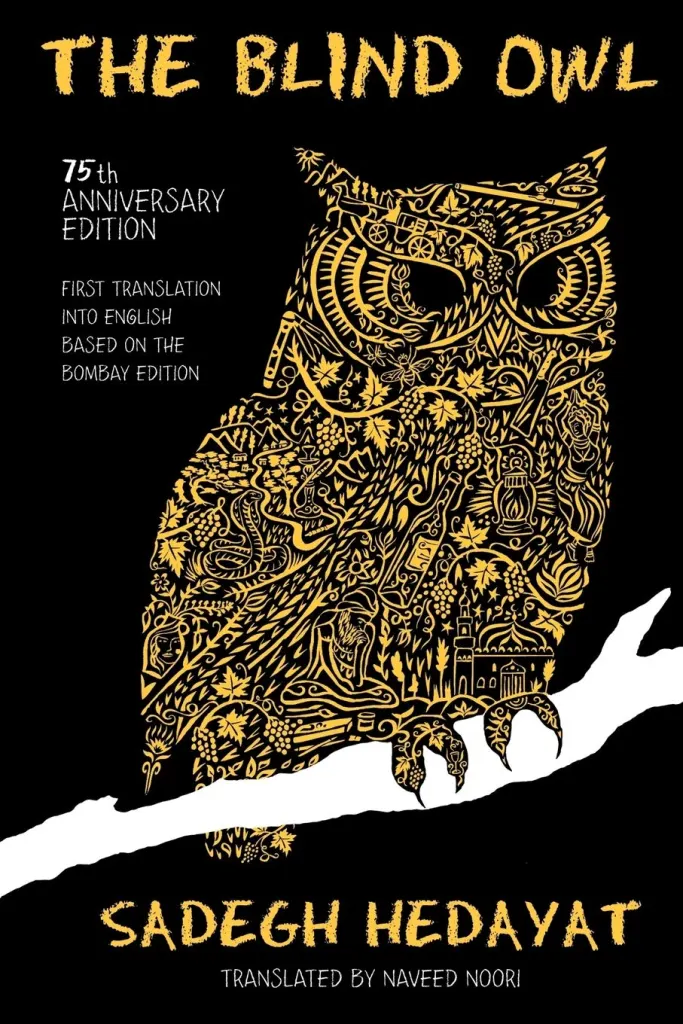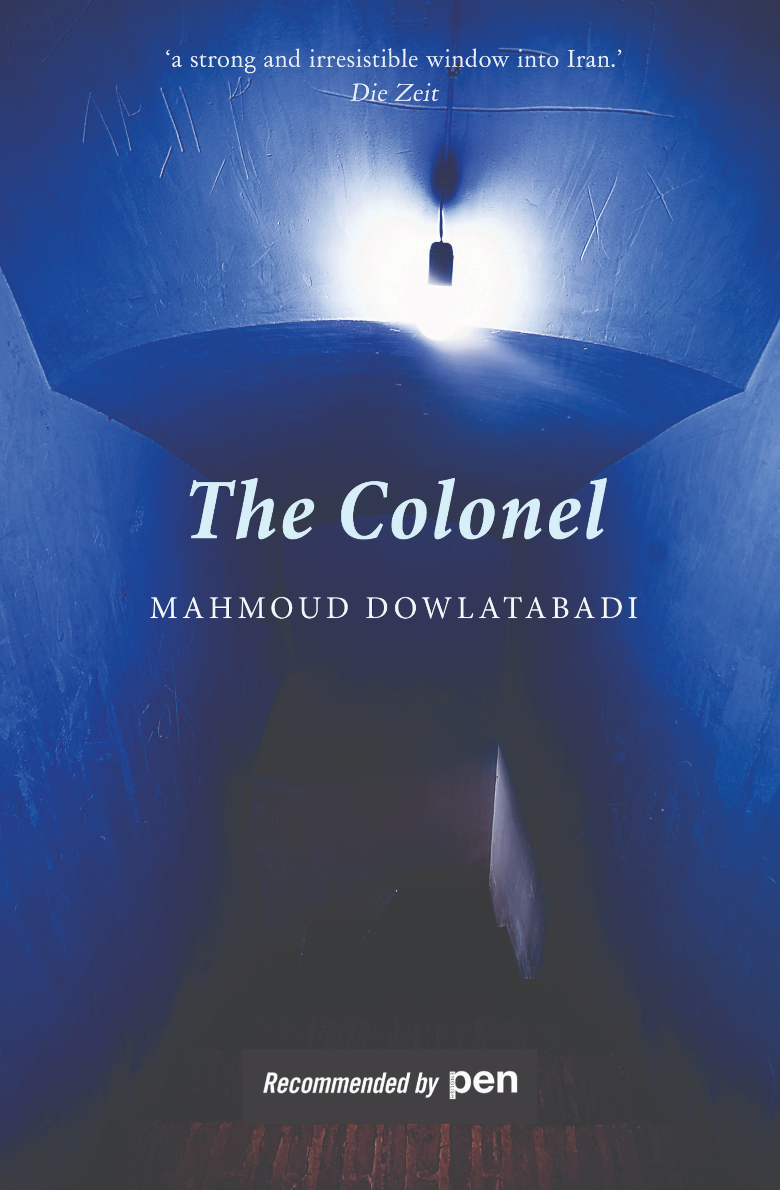Savushun (A Persian Requiem)

Author: Simin Daneshvar
Genre: Historical Fiction
Publication Year: 1969
Savushun (A Persian Requiem), written by Simin Daneshvar and published in 1969, is often regarded as one of the most significant modern Persian novels. As one of the first major works by an Iranian woman, it provides an intimate and compelling portrait of Iranian society, particularly the experiences of women, set against the backdrop of political upheaval during World War II. Savushun’s title refers to a traditional mourning ceremony for Siavash, a tragic hero in Persian mythology, symbolizing loss and resilience, themes that run deeply throughout the novel.
Genre
Savushun falls into the genres of historical fiction and social realism. It’s a family drama that also serves as a political allegory, with strong feminist themes woven into its depiction of life in mid-20th-century Iran.
Description
The story follows Zari, a young wife and mother living in Shiraz with her husband Yusef and their children. Yusef, a principled landowner, is deeply committed to resisting the oppressive forces of both foreign occupiers and local collaborators. As Iran faces turmoil under British occupation, Yusef’s ideals lead him into increasing conflict with both the authorities and those who prioritize survival over resistance. Zari, though initially quiet and accustomed to societal expectations for women, is drawn into this conflict as she witnesses the impact of Yusef’s resistance on her family and community.
Through Zari’s perspective, the novel explores the personal costs of political integrity, the limitations placed on women, and the resilience that becomes necessary in times of crisis. As she navigates her role as a wife, mother, and individual in a patriarchal society, Zari’s journey of self-discovery and awakening mirrors the larger struggle for dignity and justice in her country.
Review
Savushun is a groundbreaking and beautifully written novel that offers readers both an intimate view of Iranian society and a powerful feminist perspective. Simin Daneshvar’s prose is poetic yet grounded, capturing the struggles of her characters with empathy and insight. Zari’s character development is one of the most compelling aspects of the novel. Initially passive and submissive, Zari gradually grows into a more self-aware and resilient woman, challenging traditional gender roles and exploring her place in a society dominated by male authority.
Daneshvar’s portrayal of Iran during World War II is vivid and layered, shedding light on the tension between the occupiers and the local population and the inner conflicts within Iranian society itself. The political issues are skillfully woven into the characters’ lives, making the novel not only a story of individual and family struggles but also a broader commentary on national identity, foreign intervention, and moral resistance.
One of the novel’s strengths lies in Daneshvar’s ability to create a sense of atmosphere, allowing readers to feel the oppression, fear, and determination that define her characters’ lives. The novel’s title, Savushun, reflects the pain and resilience of Zari and Yusef’s story, echoing the Persian myth of Siavash and symbolizing the sacrifices people make for their beliefs and loved ones. Through her use of this metaphor, Daneshvar brings a depth of cultural and historical significance to the novel, making it resonate with readers on both personal and national levels.
Savushun stands as a landmark in Persian literature, celebrated for its nuanced portrayal of Iranian society and the inner lives of women. Daneshvar’s storytelling is both political and personal, creating a work that transcends cultural and linguistic boundaries. The novel’s feminist themes, coupled with its exploration of political resistance, make it an inspiring and thought-provoking read for anyone interested in Iranian culture, women’s rights, and historical fiction. Savushun is an unforgettable novel that speaks to the enduring human spirit and the quest for justice, making it a vital and influential work in world literature.



